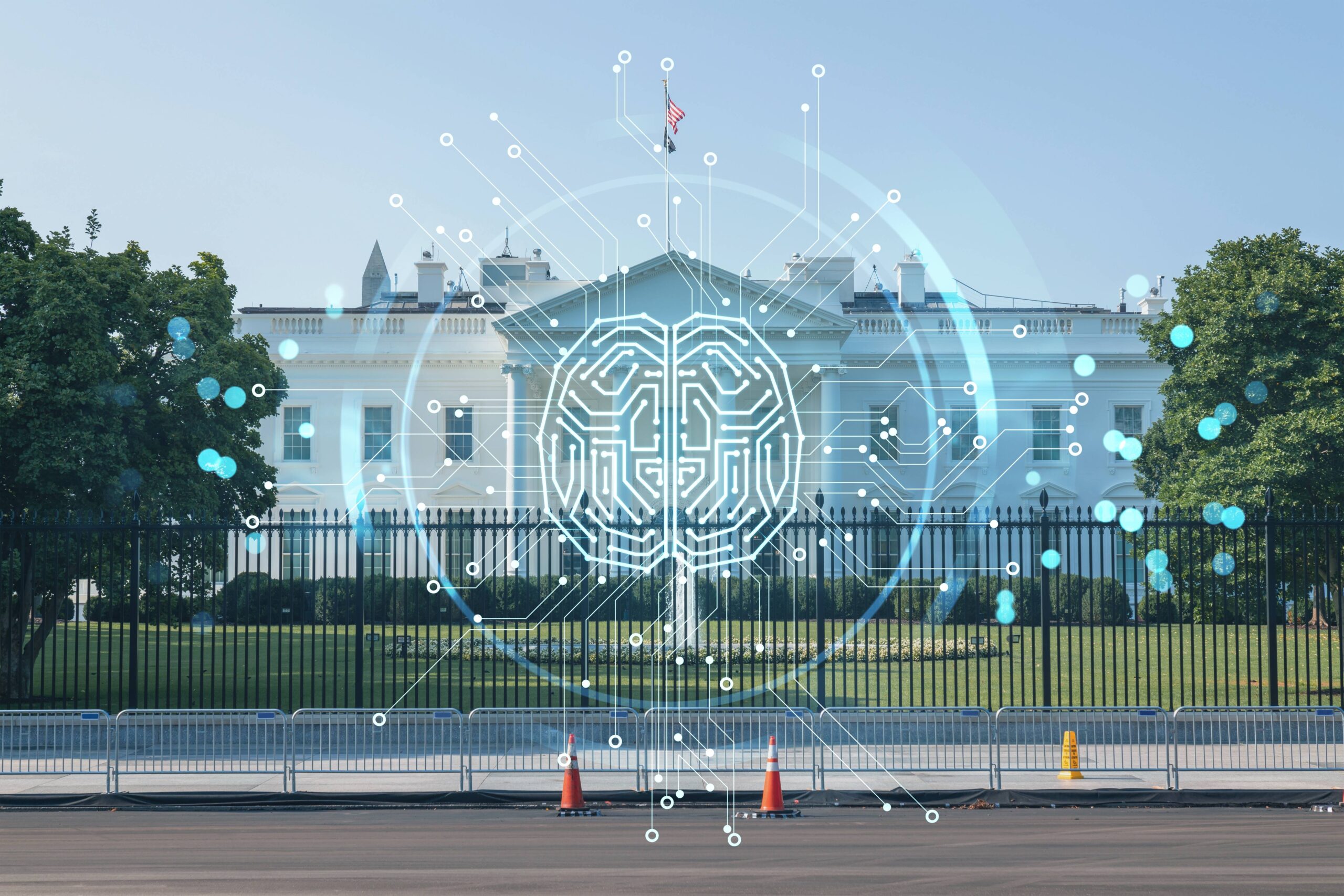

Security guru Bruce Schneier played the skunk at the garden party in a Thursday federal hearing on AI’s use in the government, focusing on the risks many are ignoring.
“The other speakers mostly talked about how cool AI was – and sometimes about how cool their own company was – but I was asked by the Democrats to specifically talk about DOGE and the risks of exfiltrating our data from government agencies and feeding it into AIs,” Schneier explained in a blog post.
DOGE stands for the Department of Government Efficiency. It’s a White House initiative, run until recently by centi-billionaire Elon Musk, that has been rifling through government databases and ordering layoffs at various government agencies in the name of cost savings and efficiency. Its staff cuts have been so extensive that the Trump administration reportedly is now scrambling to rehire.
The hearing, titled “The Federal Government in the Age of Artificial Intelligence,” was held by the House Committee on Oversight and Government Reform.
Representative Nancy Mace (R-SC), Chair of the Cybersecurity, Information Technology, and Government Innovation Subcommittee, opened the hearing by focusing on AI’s potential as a productivity tool – all the more necessary amid DOGE’s efforts to reduce the federal workforce.
“The federal government has a responsibility to harness this technology to make government work faster and more efficiently for the American people,” she said.
Witnesses from think tanks and AI firms echoed the party line, talking up AI as a way to streamline inefficient bureaucracy and maintain economic competitiveness.
Schneier’s message wasn’t what the lawmakers running the hearing wanted to hear – in fact, his testimony goes unmentioned amid the Oversight committee’s AI-boosting summary of the event.
The security industry veteran focused on the damage DOGE did through its heedless data handling and enthusiasm for AI.
The problem, Schneier said, boils down to DOGE’s sloppy cybersecurity and its excessive trust in AI’s present ability to take over human tasks.
You all need to assume that adversaries have copies of all the data DOGE has exfiltrated and has established access into all the networks that DOGE has removed security controls from
“You all need to assume that adversaries have copies of all the data DOGE has exfiltrated and has established access into all the networks that DOGE has removed security controls from,” he said.
That data can be used against you, Schneier warned, suggesting that any military action against the US would be heralded by the zeroing-out of bank accounts for military and political leaders.
“The previous four speakers have talked about the promises of this technology,” said Schneier. “I want to talk about the national security implications of the way our country is consolidating data and feeding it to AI models.”
He pointed to a prior statement from Oversight Committee Chair James Comer (R-KY) about wanting to unleash AI responsibly while protecting the interests and rights of Americans. Schneier said DOGE’s actions over the last few months have in fact done the opposite.
“DOGE’s affiliates have spread across government,” he said. “They are still exfiltrating massive US databases, processing them with AI and offering them to private companies such as Palantir. These actions are causing irreparable harm to the security of our country and the safety of everyone, including everyone in this room, regardless of political affiliation.”
He concluded, “Sacrificing cybersecurity in an effort to create an AI future not only risks the country, it risks the AIs, which in turn risks our justice system, our legislative system, our banking system, national defense, and all of us, all of you personally.”
On Friday, the US Supreme Court issued a 6–3 decision [PDF] temporarily granting DOGE access to sensitive Social Security Administration data, a move that dissenting Justice Ketanji Brown Jackson said creates “grave privacy risks for millions of Americans.” ®


